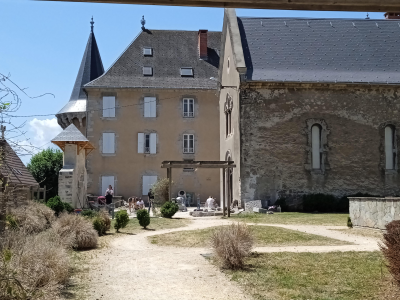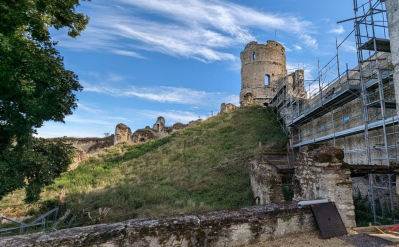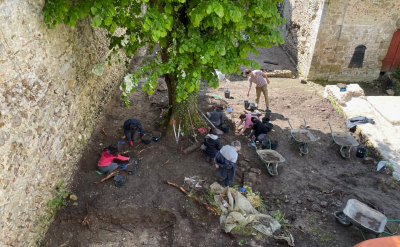The seminar will take place in Marburg's Stadtwald recreation area. It is about an hour's walk from Marburg's historic castle. Buses are also available. The site is beautifully situated in the city forest.
Marburg is a university town and the eighth-largest city in Hesse, with 73,704 inhabitants (2023). The urban area stretches along both sides of the river Lahn, to the west in the Gladenbacher Bergland and to the east over the Lahnberge mountains to the edge of the Amöneburg basin.
Marburg has had city rights since the 13th century. Today, it serves as a regional center in the administrative district of Giessen (Central Hesse). As a large medium-sized city, Marburg, like six other medium-sized cities in Hesse, has a special status in relation to the other municipalities in the district. The city therefore assumes the tasks of the district, so that in many respects it resembles an independent city. Marburg is home to Philipps University, founded in 1527 and the world's oldest surviving Protestant university, which still characterizes the cityscape today with its buildings and student life.
The town owes its name to the fact that a border ("mar[c]") once ran between the territories of the Landgraves of Thuringia and the Archbishops of Mainz. There is no clear historical evidence of this.
Marburg's sights include the Elisabeth Church, the former university, the Landgrave's palace and the old town below, known in Marburg as the "upper town".
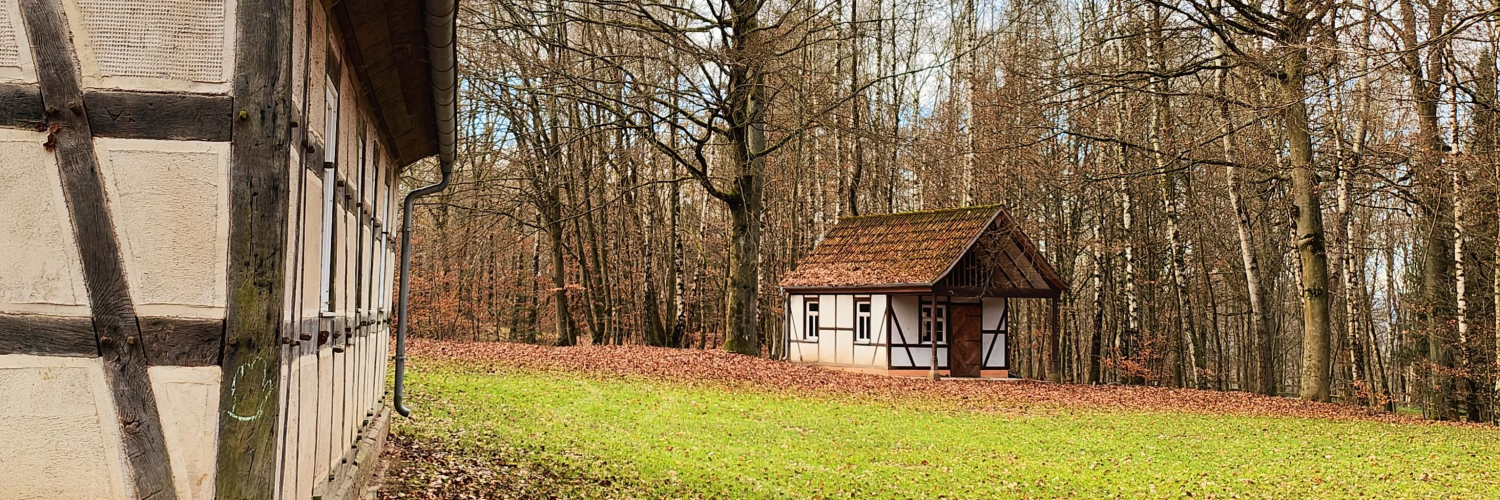



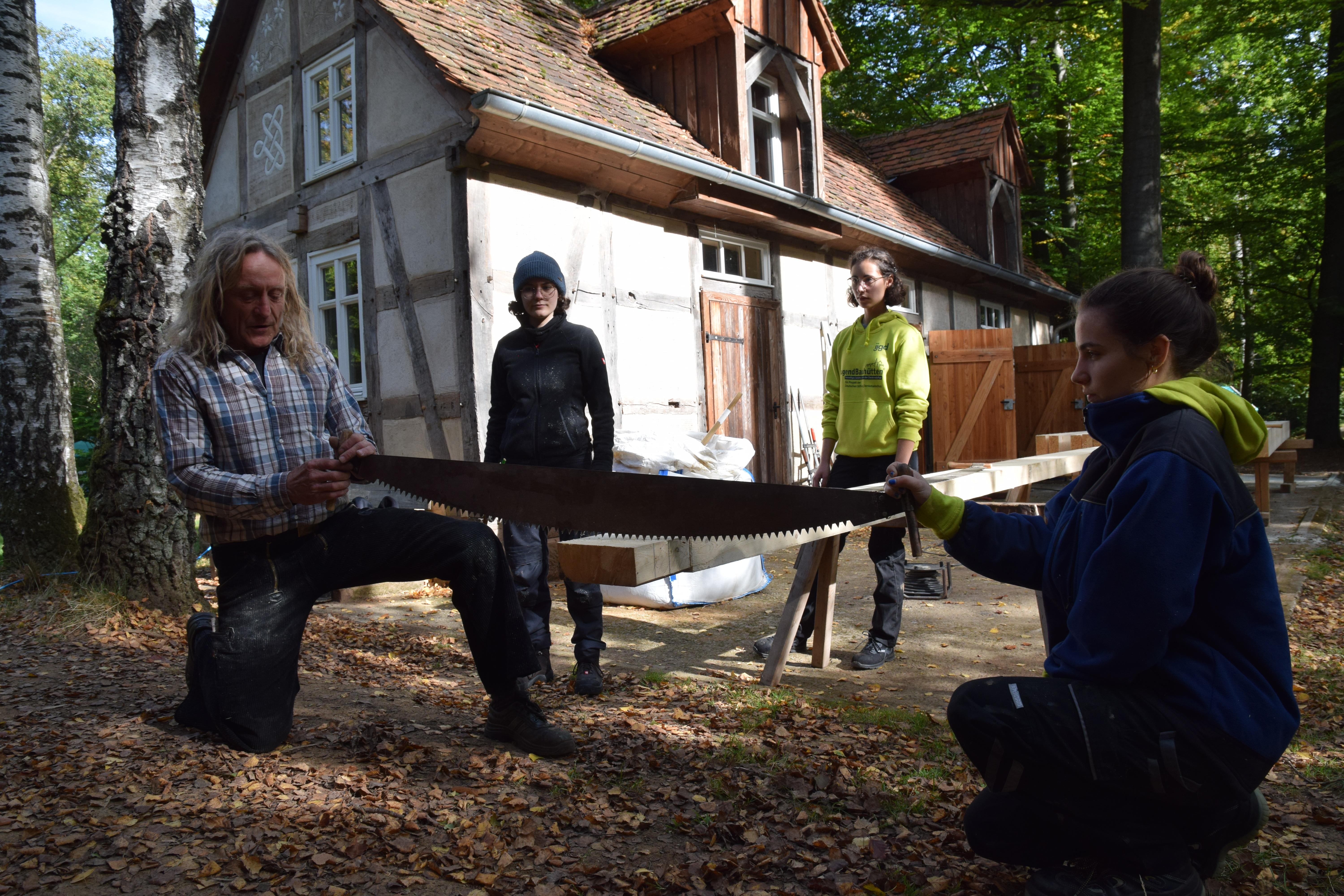
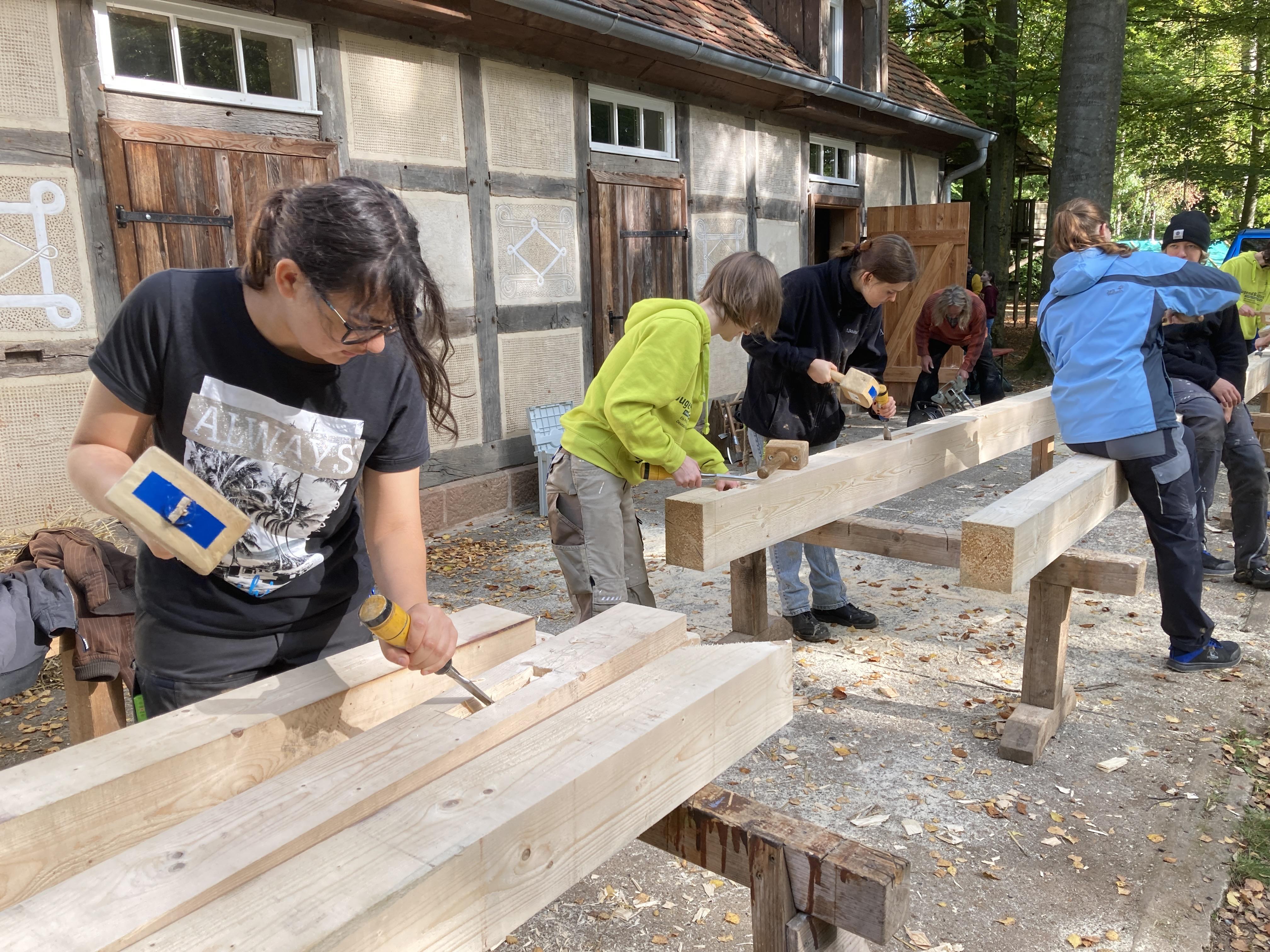
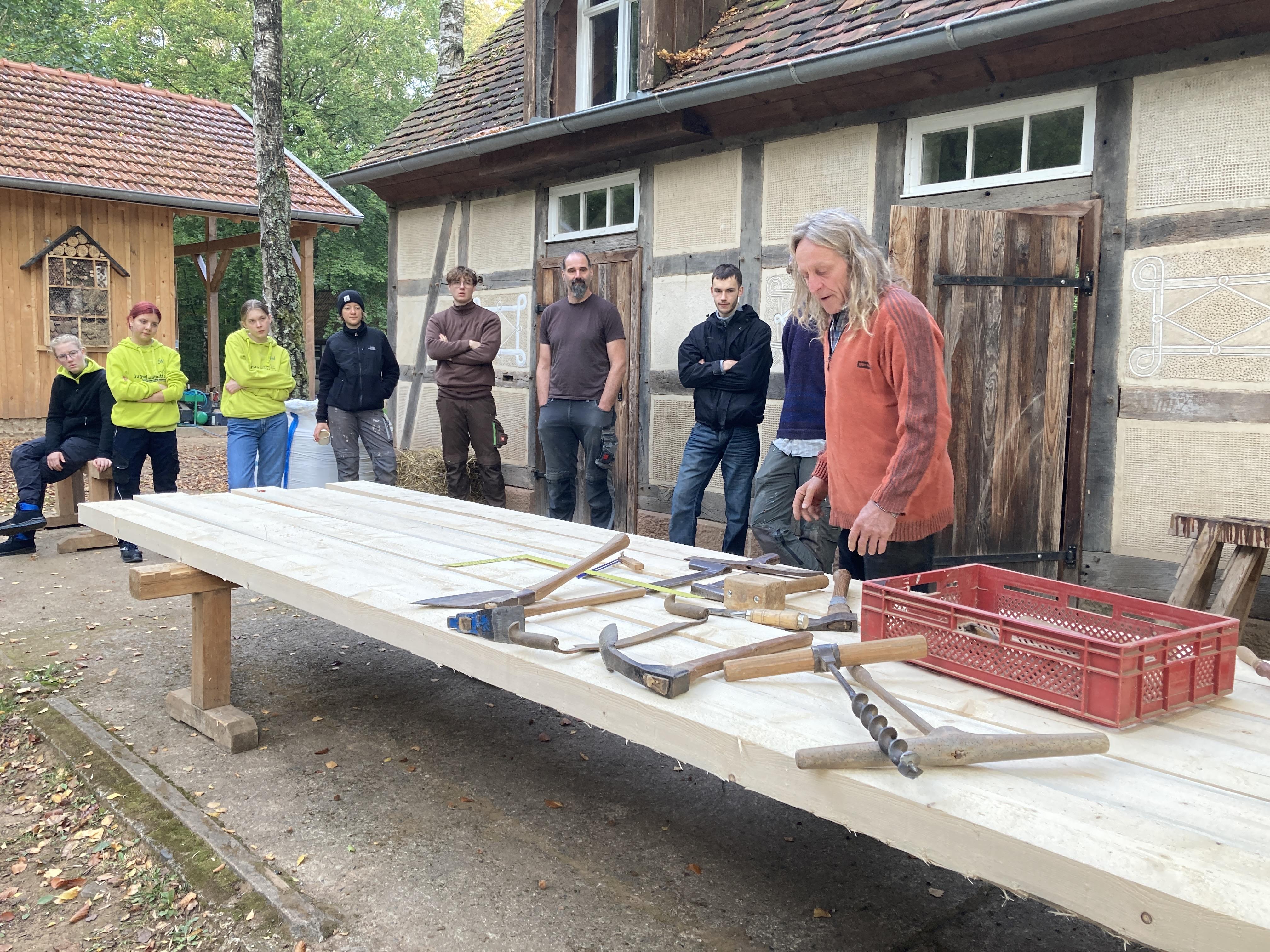

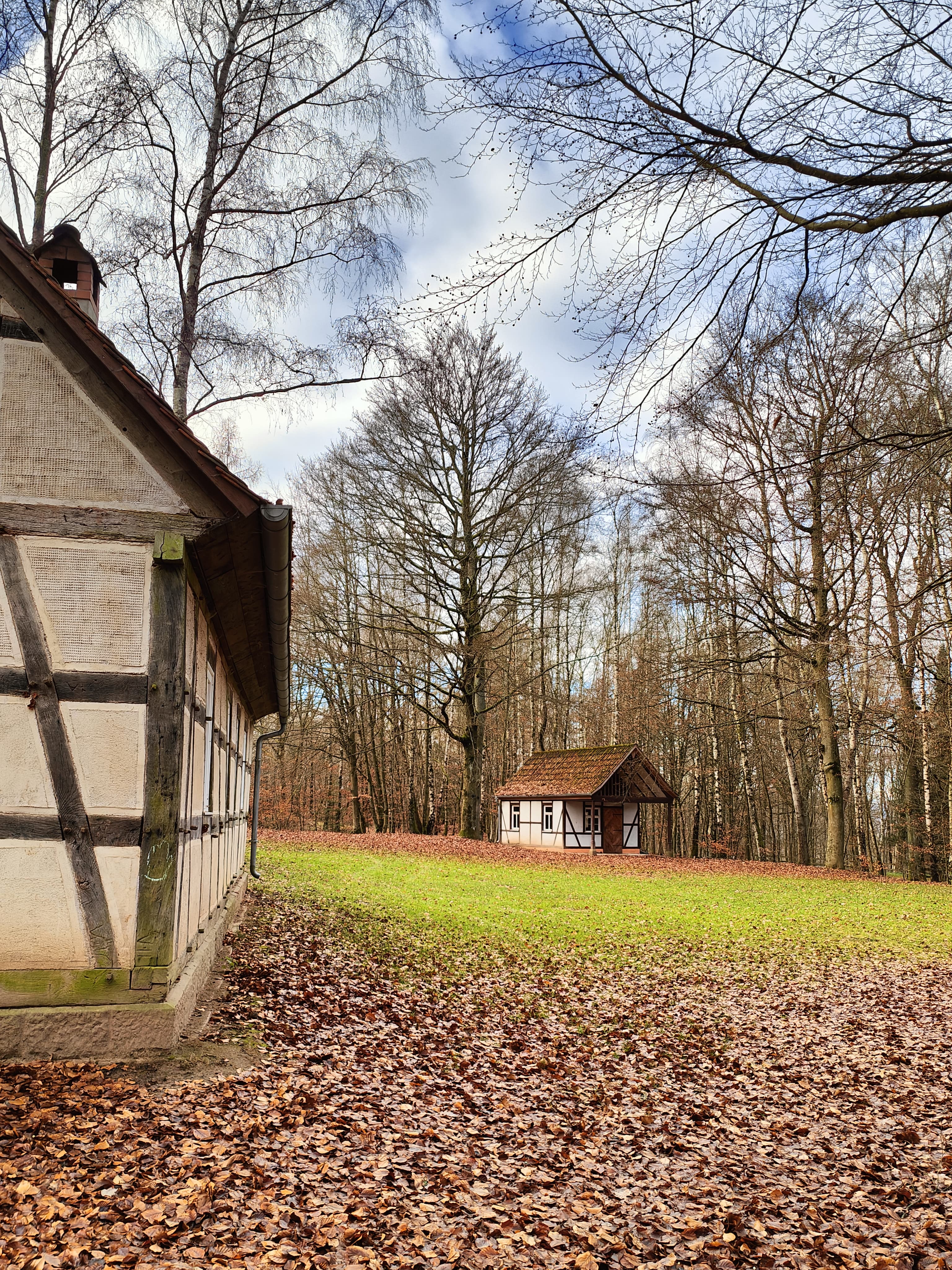
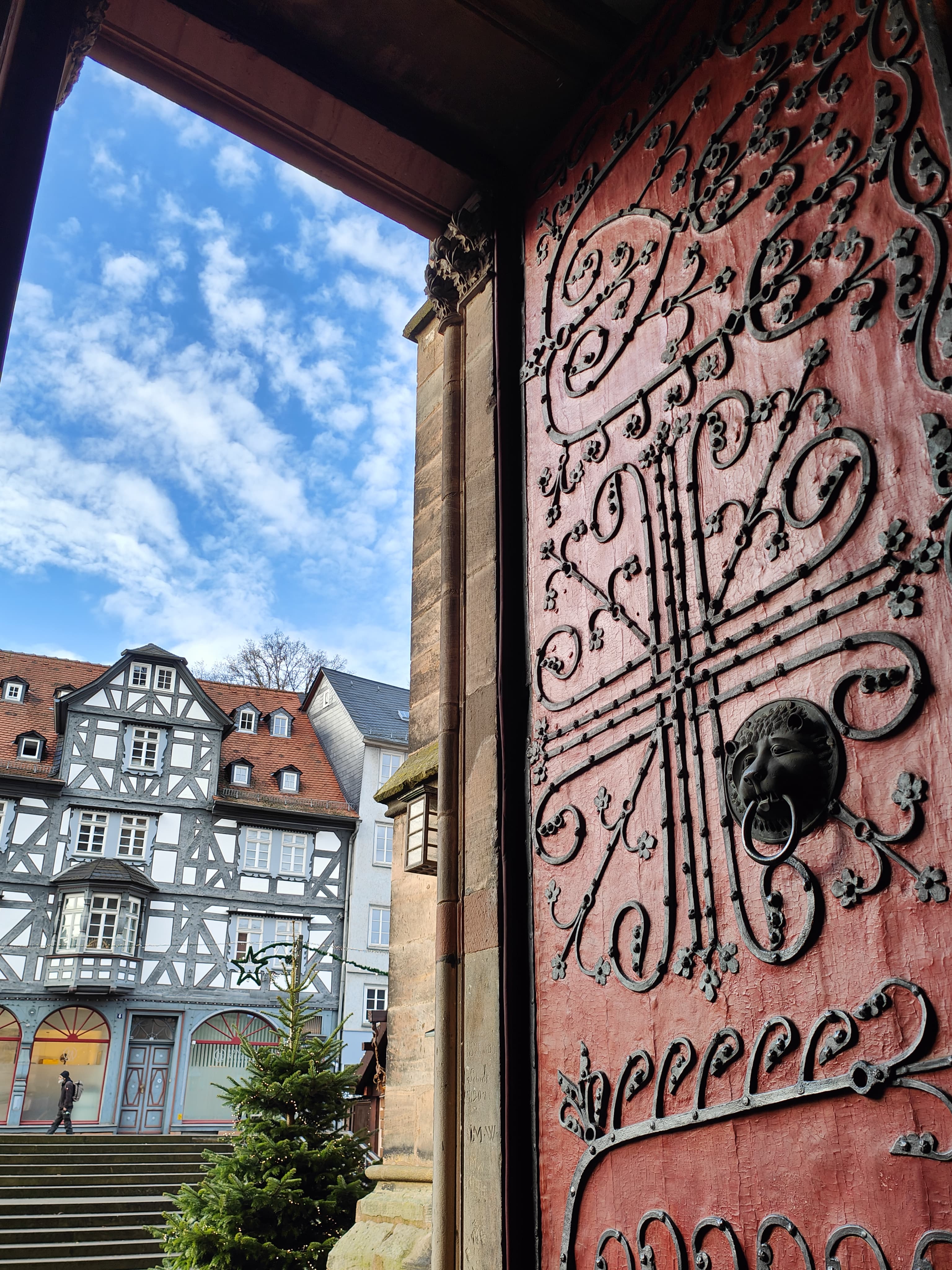
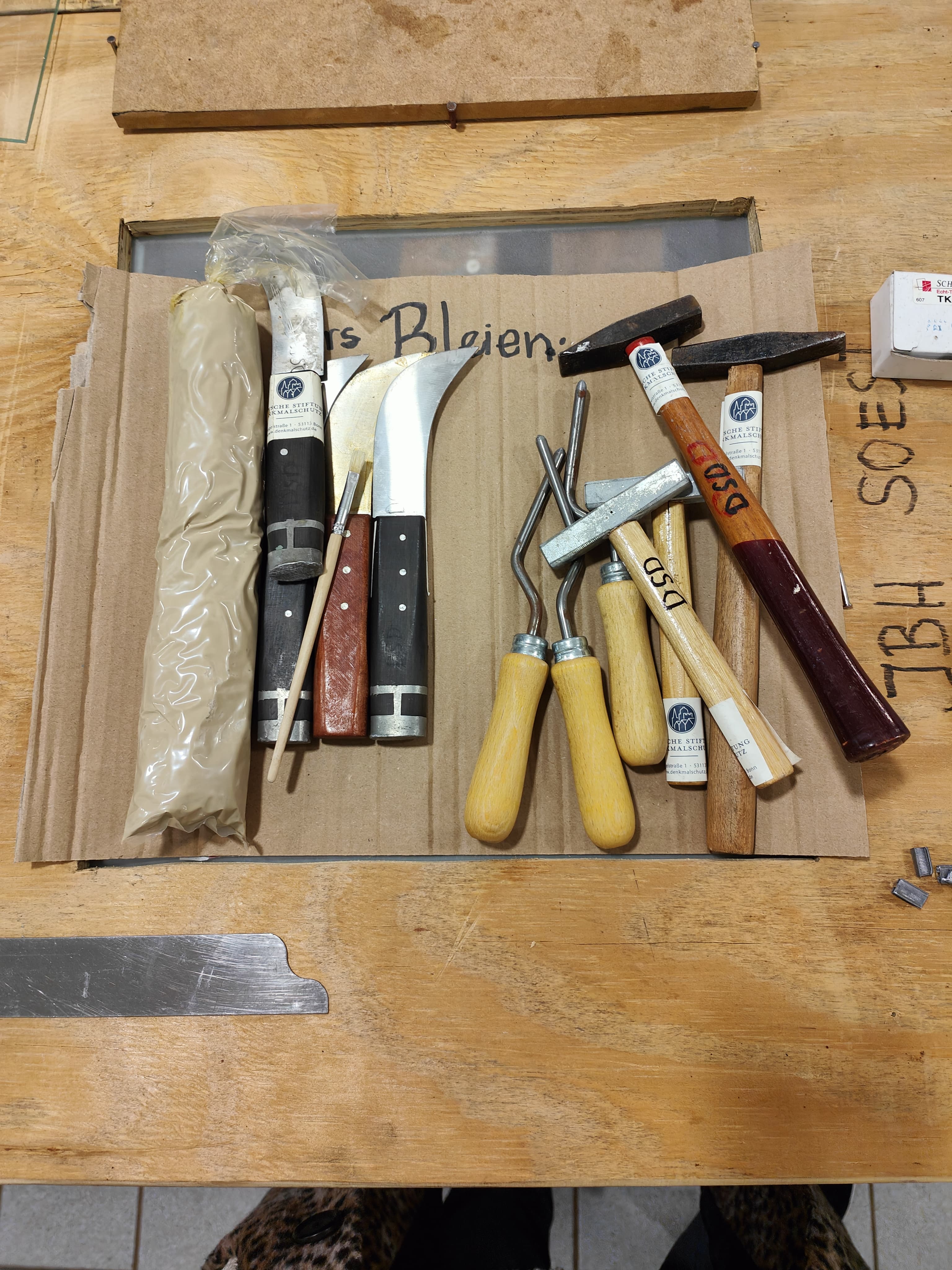
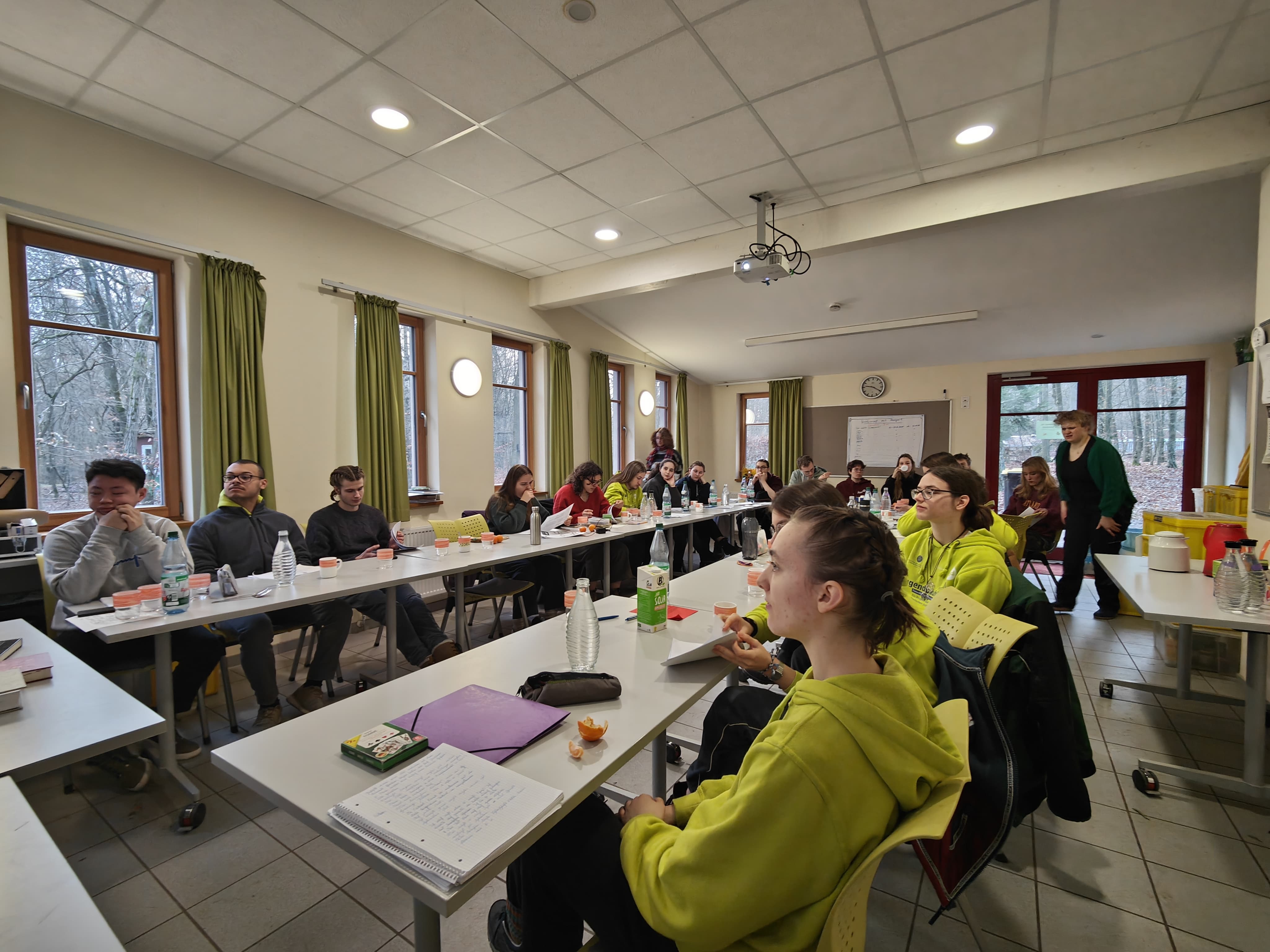
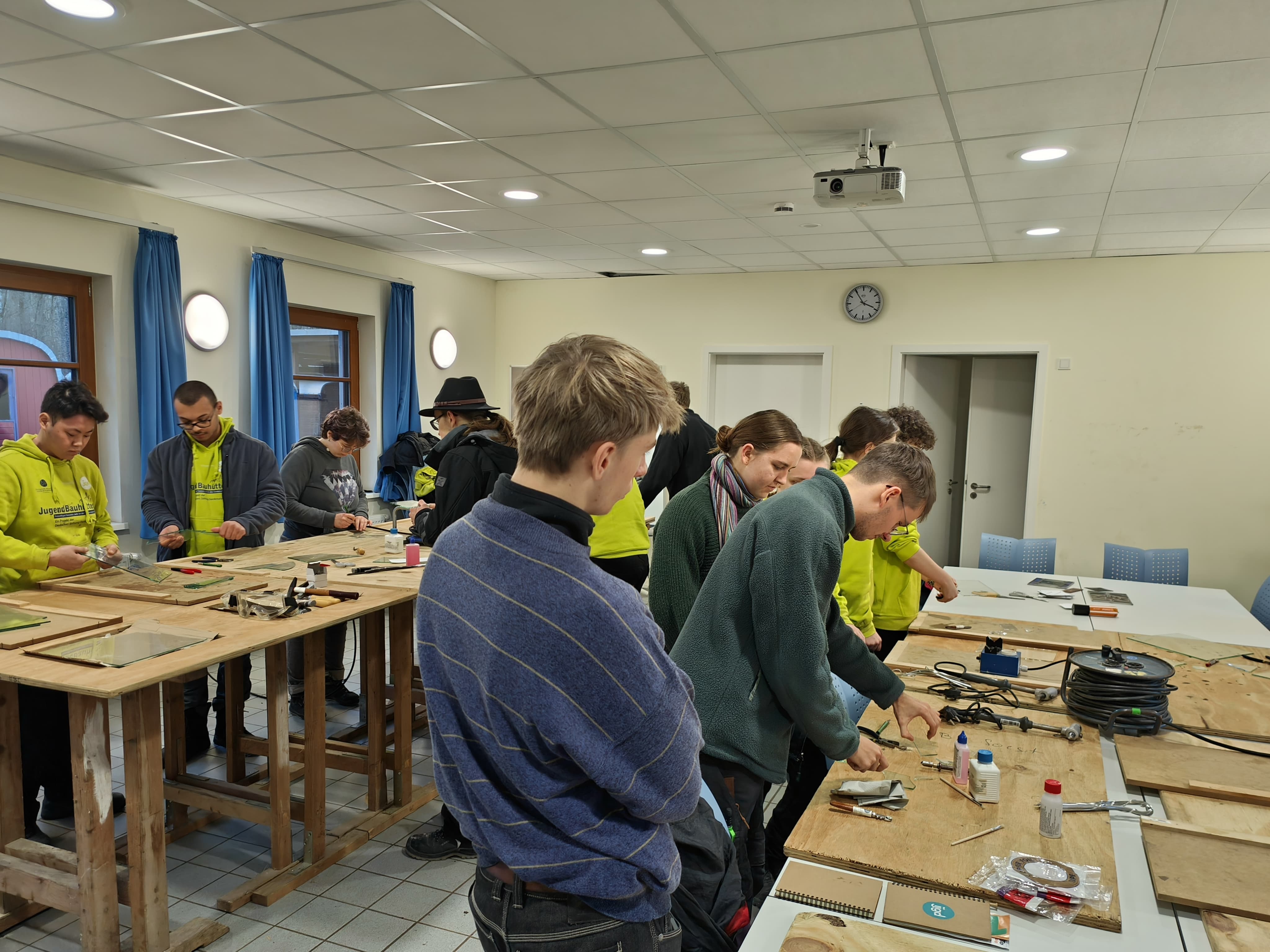
 French-English Glossary
French-English Glossary
